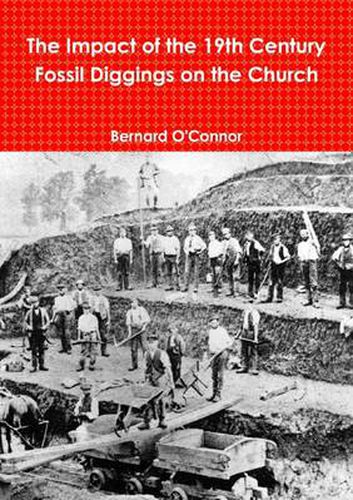Readings Newsletter
Become a Readings Member to make your shopping experience even easier.
Sign in or sign up for free!
You’re not far away from qualifying for FREE standard shipping within Australia
You’ve qualified for FREE standard shipping within Australia
The cart is loading…






This title is printed to order. This book may have been self-published. If so, we cannot guarantee the quality of the content. In the main most books will have gone through the editing process however some may not. We therefore suggest that you be aware of this before ordering this book. If in doubt check either the author or publisher’s details as we are unable to accept any returns unless they are faulty. Please contact us if you have any questions.
In the mid-1840s a new industry started in southeast Suffolk, that of digging fossils. Known as 'coprolites', some thought them to be fossilised dinosaur droppings. Rich in phosphate they were much in demand by the nation's manure manufacturers. By the 1846s the diggings had spread to Cambridgeshire, hertfordshire, bedfordshire and Buckinghamshire. Many thousands of men and women, boys and girls, got well-paid work in the pits but there were issues of in-migration, overcrowding and drunkenness. This book investigates the impact of the diggings on the church and its attempts to alleviate the social problems.
$9.00 standard shipping within Australia
FREE standard shipping within Australia for orders over $100.00
Express & International shipping calculated at checkout
This title is printed to order. This book may have been self-published. If so, we cannot guarantee the quality of the content. In the main most books will have gone through the editing process however some may not. We therefore suggest that you be aware of this before ordering this book. If in doubt check either the author or publisher’s details as we are unable to accept any returns unless they are faulty. Please contact us if you have any questions.
In the mid-1840s a new industry started in southeast Suffolk, that of digging fossils. Known as 'coprolites', some thought them to be fossilised dinosaur droppings. Rich in phosphate they were much in demand by the nation's manure manufacturers. By the 1846s the diggings had spread to Cambridgeshire, hertfordshire, bedfordshire and Buckinghamshire. Many thousands of men and women, boys and girls, got well-paid work in the pits but there were issues of in-migration, overcrowding and drunkenness. This book investigates the impact of the diggings on the church and its attempts to alleviate the social problems.